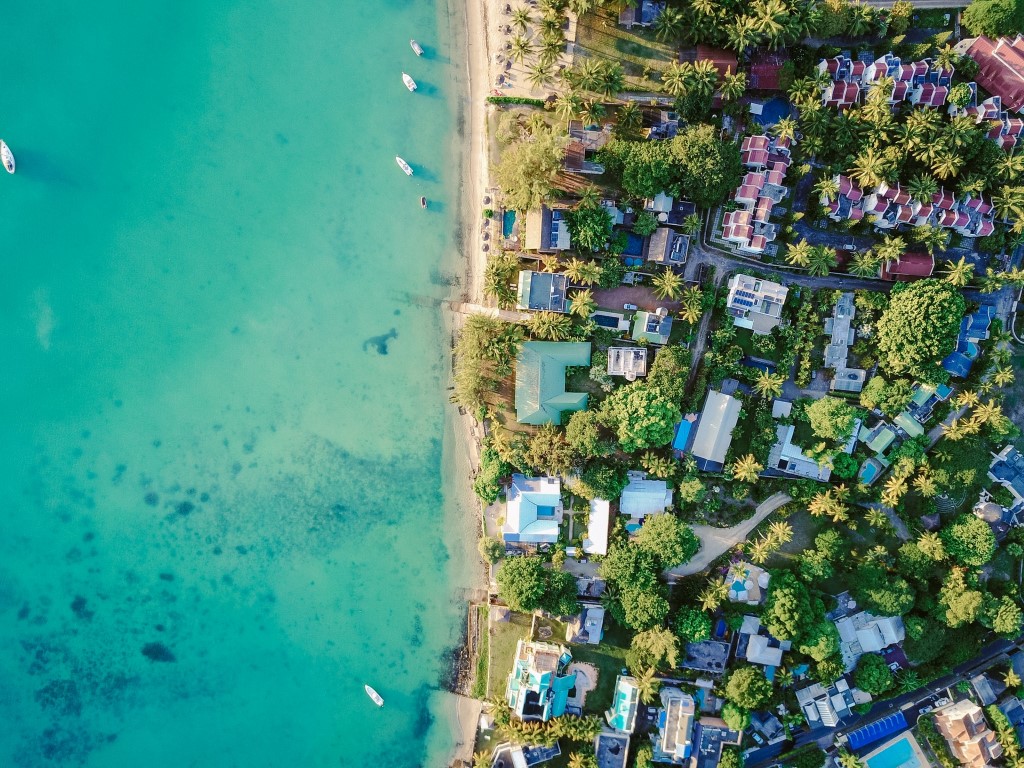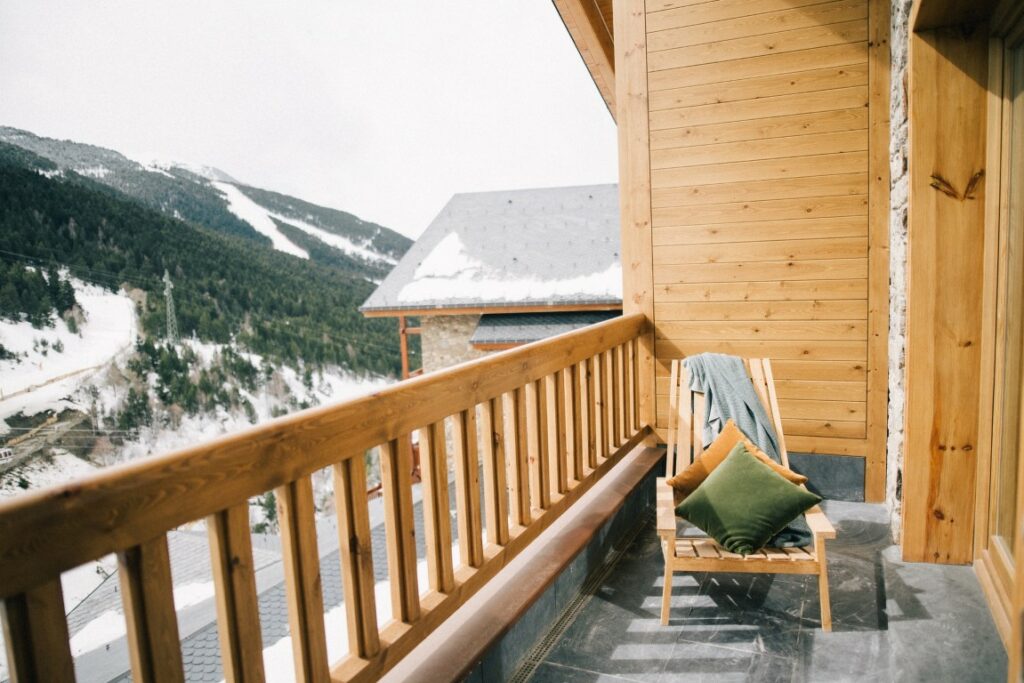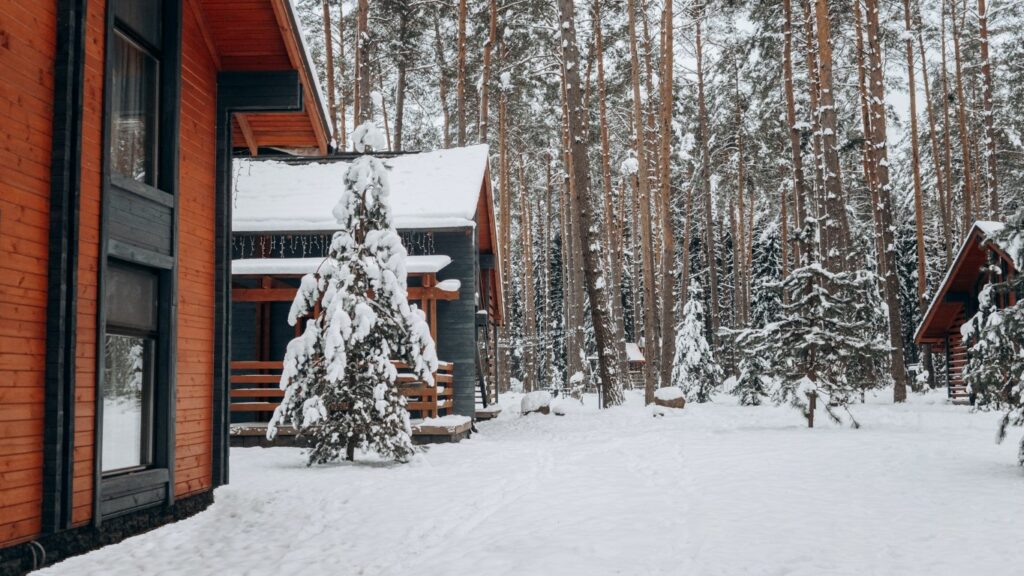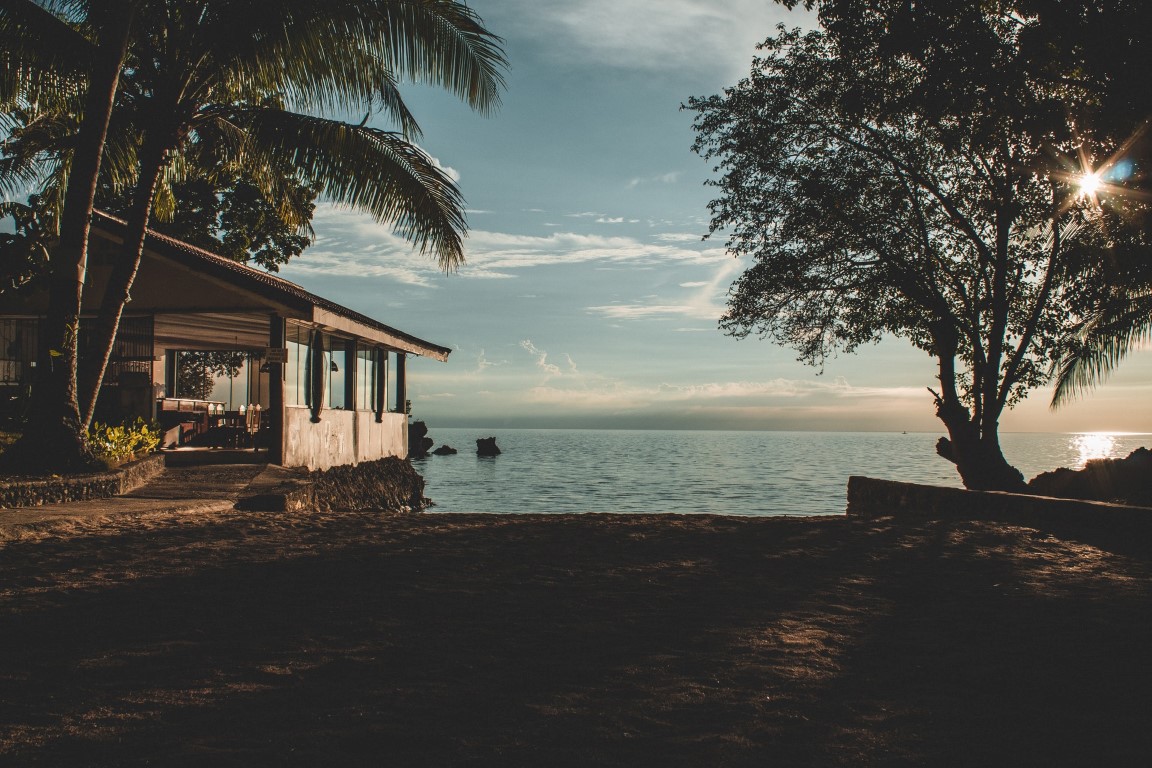What’s better than having a second home where you can get away anytime you need to relax? If you answered, “having one custom-built,” you’re correct! However, such a massive undertaking requires considerable forethought. Here’s what you should know about building a vacation home.

(Photo byPixabay on Pexels.com)
1. Spend Time in Your Target Location
A vacation home is a substantial investment. Even if you plan to recoup much of the value or perhaps turn a profit from rental activity, you’ll take on significant capital expenditure and risk first.
Therefore, you want to ensure you love your destination enough to spend time there season after season, year after year. Ask yourself the following questions before deciding on the ideal location for your vacation home:
- What holidays do you enjoy the most? Depending on where you locate, you might face considerable traffic during popular weekends. Shoreside destinations often see an influx of visitors around Memorial and Labor Day. If you plan to turn a profit with rentals, you might desire such crowds. But you could find yourself sitting in traffic if you typically holiday during those times.
- Where do you find yourself returning time and again? Building a vacation home has an emotional component, and it makes sense to locate where you love spending time most.
- How much travel are you willing to endure? It might sound romantic to have a second home in Florida if you live in Massachusetts. However, you won’t use it much if you hate to fly and don’t want to endure a 20-hour drive to reach your property.

(Photo by Olya Kobruseva on Pexels.com)
2. Choose Your Contractors With Care
Unless you plan on building a tiny, off-grid mountain cabin as your vacation home, you’ll probably need to bring in outside help. It helps to create a checklist you can use when selecting anyone from transportation companies to roofers:
- Can they do the job for the right price? It helps to get several estimates so you know what the average cost is.
- Are they insured? What will happen if your contractor walks off the job with it halfway completed? Please protect yourself from expensive charges.
- How is their safety record? Few property owners want an accident to darken their vacation home’s door.
- Are they licensed in their field? Hiring unlicensed contractors leaves you without many vital legal protections if things go awry.
- How are their communication and customer care? Do you get a pleasant answer when you call, or do your repeated voicemails go unanswered?

(Photo by Mikhail Nilov on Pexels.com)
3. Understand All Your Costs
There’s good news if you decide to build your vacation home from the ground up. You can save quite a bit of money by choosing this route over buying. However, you still need to know the costs you can expect to incur. Otherwise, you could get in well over your head.
Customization will add to your overall price, as hiring an architect alone adds up to $80,000 to your total cost. You’ll need to include the cost of land and having it cleared and graded for construction. Materials make up between 41% and 51% of your home’s total cost. Labor averages anywhere from $150 to $250 per hour, depending on the specific expertise of the contractors hired.
Other features factor into your total price. For example, putting in a pool or building a lake or oceanside dock can add thousands to your final price.
However, you might be able to shave some costs, depending on where you decide to build. For example, maybe you dream of a rustic hunting cabin as your getaway. You could use an old-fashioned wood stove for heat instead of electricity and save money by not connecting to the grid and running wires.
4. Care for the Property in Your Absence
Another ongoing cost of vacation home ownership entails paying for someone to care for your property in your absence. If you live in New York City and buy a second home in the Finger Lakes, you might not need to hire outside help, commuting to your property on weekends to inspect for damage and perform routine maintenance.
However, if you have a home in California, you’ll probably need to find reliable help. Fortunately, you can often find what you need on house sitter websites that connect you with professionals you can trust.
5. Plan for Rental Income
You could recuperate much of the value of your vacation home by using it as a rental property when you aren’t using it. Sites such as Airbnb and VRBO make it easier than ever.
Keep in mind that renting a vacation property will entail some tricky situations come tax time. Your accountant will need to determine the percentage of vacation use of the home versus business. Please keep careful records of all income and expenses — the good news is, you can write off part of the price of that new dishwasher if you rent your house to others in your absence.

Understand These 5 Things About Building Your Own Vacation Home
Building your own vacation home is a considerable investment. Knowing the above information can help you make better choices and enjoy years of pleasure and profit from your property.
For More:
- On our site: 7 Technologies to Protect Your Home While You’re on Vacation
- On our site: How to Prepare Your Home for a Long Trip
- More on our site: How to Prepare for a Move Abroad
- On our site: Tips for Buying a Vacation Home Overseas
-All photos as credited. Cover photo by Kenneth Carpina on Pexels.com
https://www.pexels.com/photo/aerial-architecture-beach-boats-417351/ Pixabay


